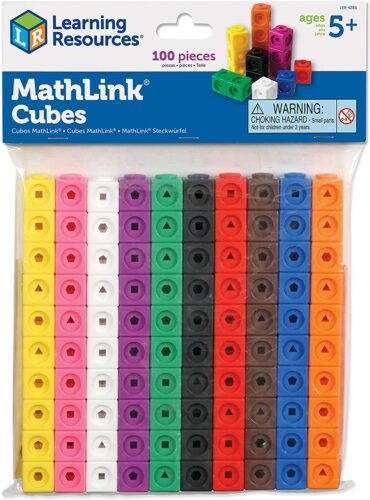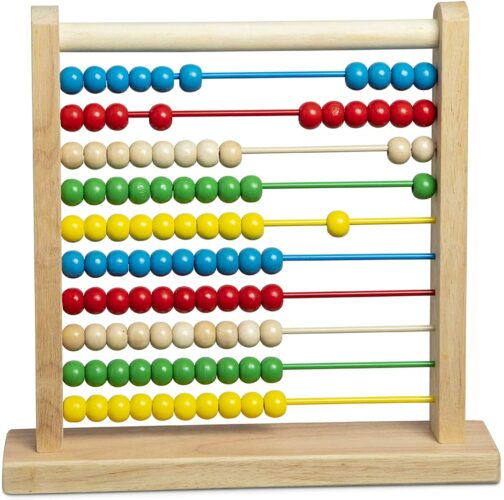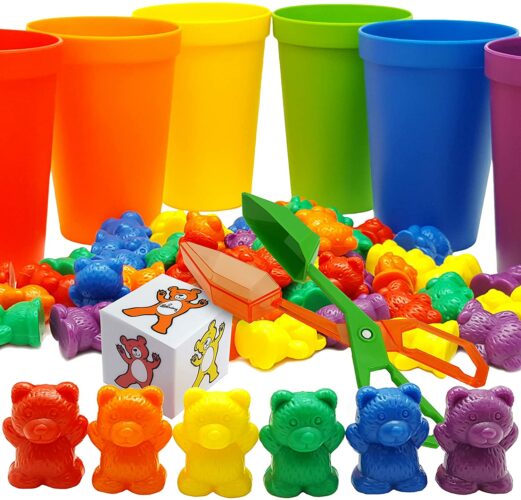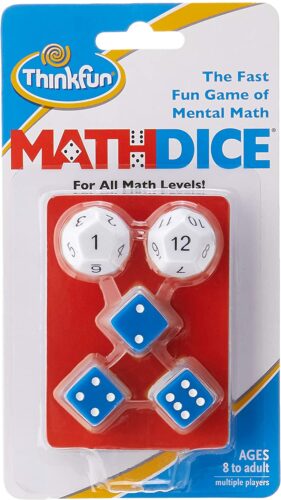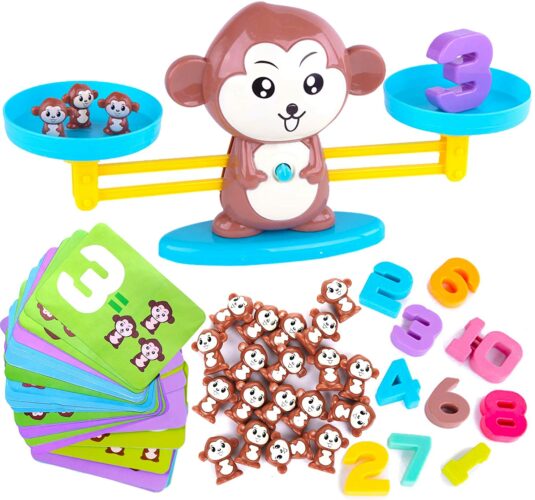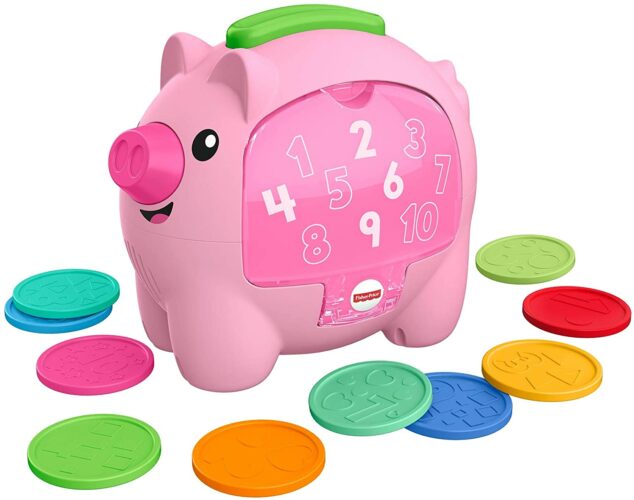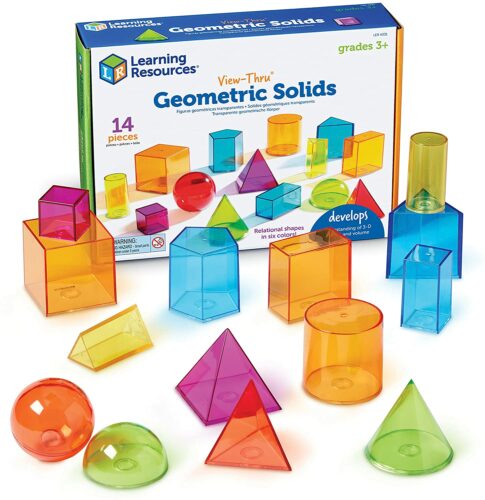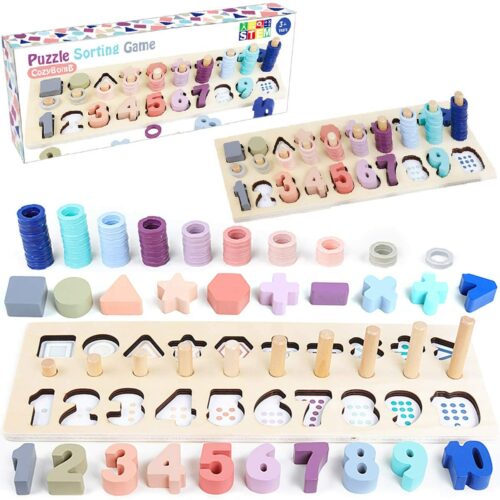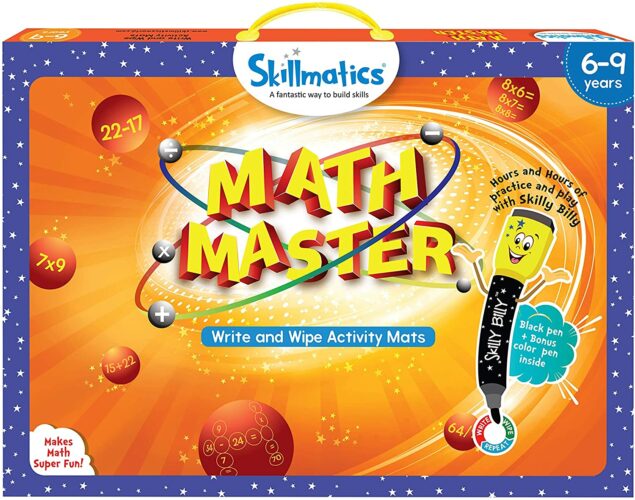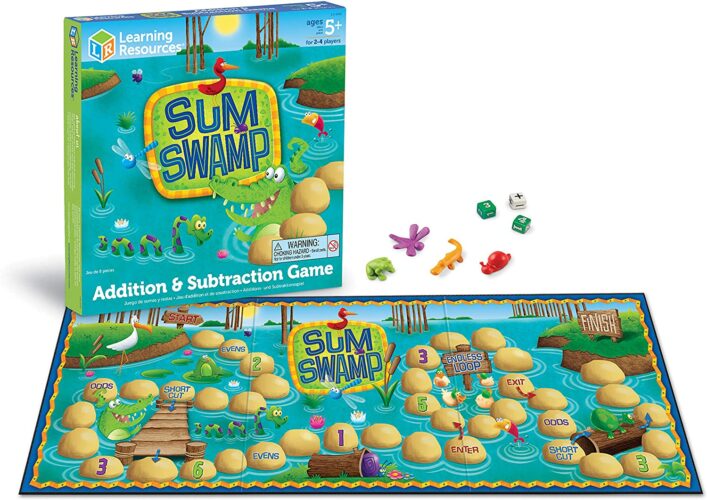The concept of using teaching aids to help kids grasp complex ideas is an age-old practice. Teaching aids that simplify math concepts are even more helpful as there’s a general misconception that math is hard and numbers are not for everyone. These days, many math toys are available with varying skill levels for kids of all ages starting from 6 months. These math toys make for perfect gifts to kids as they serve the dual purpose of keeping them engaged in a fun activity for hours and enhancing their skills with numbers. Among the thousands of online options, we’ve picked the ten best math toys for kids based on the age range, design, concept, execution, and ease of usage.
Different Types of Math Toys for Kids
Different types of math toys are available in the market to cater to the needs of varying age groups. Even in similar age groups, some toys are aimed towards those with learning disabilities, while others are targeted for advanced learning. So how does one go about choosing what kind of math toy to buy for their little ones? To help you narrow down your search, we’ve listed the different factors to consider before purchasing these math toys.
Age Range
There are a variety of math toys designed to cater to all ages, from babies to teenagers. Usually, different ages are bracketed together to create age ranges like 6 to 36 months, 3 to 5 years, etc. Toy manufacturers always mention this in bright and bold fonts on the toy packs. It’s essential to make sure you follow this recommendation as certain toys might pose a choking hazard with small items included in the package for kids below a certain age.
However, sometimes you can let advanced learners play with toys recommended for a level above, and vice versa for kids who take their time learning and require special attention. In either case, you’re helping your kids learn faster than they would without these STEM-based learning toys.
Math Skill Level
A toy designed for kids in a particular age range might not appeal to all the kids in the said age range. If your kids have already mastered addition and subtraction, a simple activity-based game that helps beginners with addition and subtraction won’t cut it.
Similarly, a complex game of multiple moving parts, geometric equations, etc., designed for 8-year-olds might sometimes be challenging for kids even in the 10-year-old bracket. Assess your kids’ math prowess before choosing a toy, lest you make them dread numbers instead of learning to enjoy them.
Mathematical Concept or Game Design
The same math concept can be explained or learned via various means. For example, addition can be taught with the help of simple direct sums or by using a basic counting numbers game, stacking rings, an abacus, or a board-based activity game. The common theme here is that a singular math concept can be taught in multiple ways.
Some kids are visual learners, while others need action to retain what they’ve learned. Some kids require repetitive exercises before they have thoroughly grasped the concept being taught, yet others just need a simple explanation, and they’ll figure it out. Before you buy a math toy for your kids, understand their learning style and skill level so you can choose games that align with their skills and spark their interest.
Quality and Build
Most math-based toys are usually made of high-grade plastic free of BPA, lead, phthalates, and harmful synthetic dyes. Some are also made of lightweight wood and use water-based natural colors. Although all of them are advertised as durable, easy to use, and easy to clean and store, pay attention to the design and make of the toy to pick the right one.
Make sure that the math toys you buy are safe to play with, do not employ any toxic or harmful substances in the make and design, and have a mark of quality that’s approved by acclaimed international authorities. Sticking to well-known brands is also a good idea. They are known to invest in proper research to develop unique gameplay ideas and concepts designed to boost your kids’ math skills while also keeping an eye out for quality and durability.
Now that we have listed all the necessary pointers about choosing a suitable math toy for your child let’s look at a list of the ten best math toys for kids.


